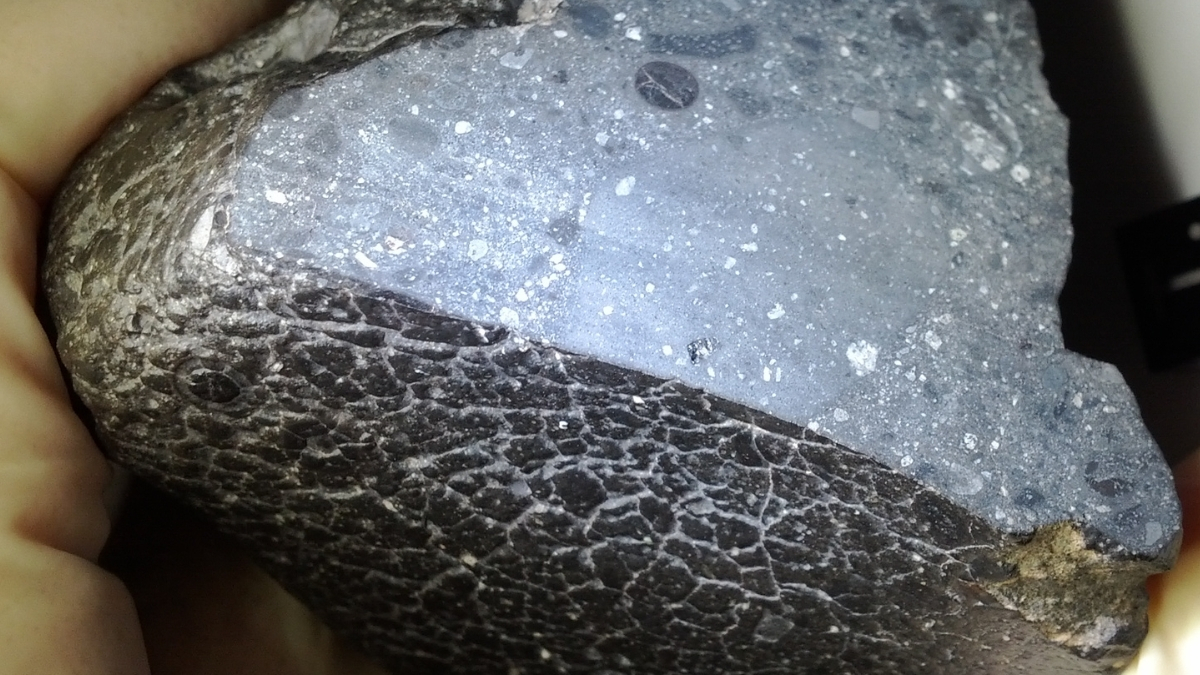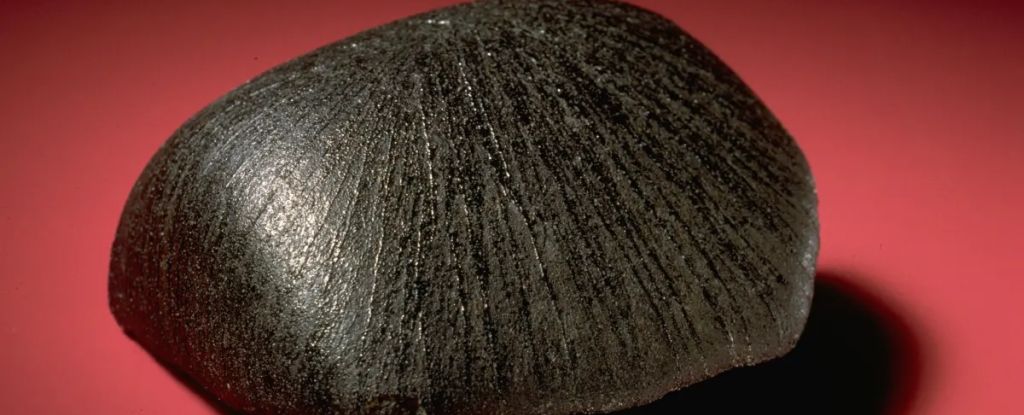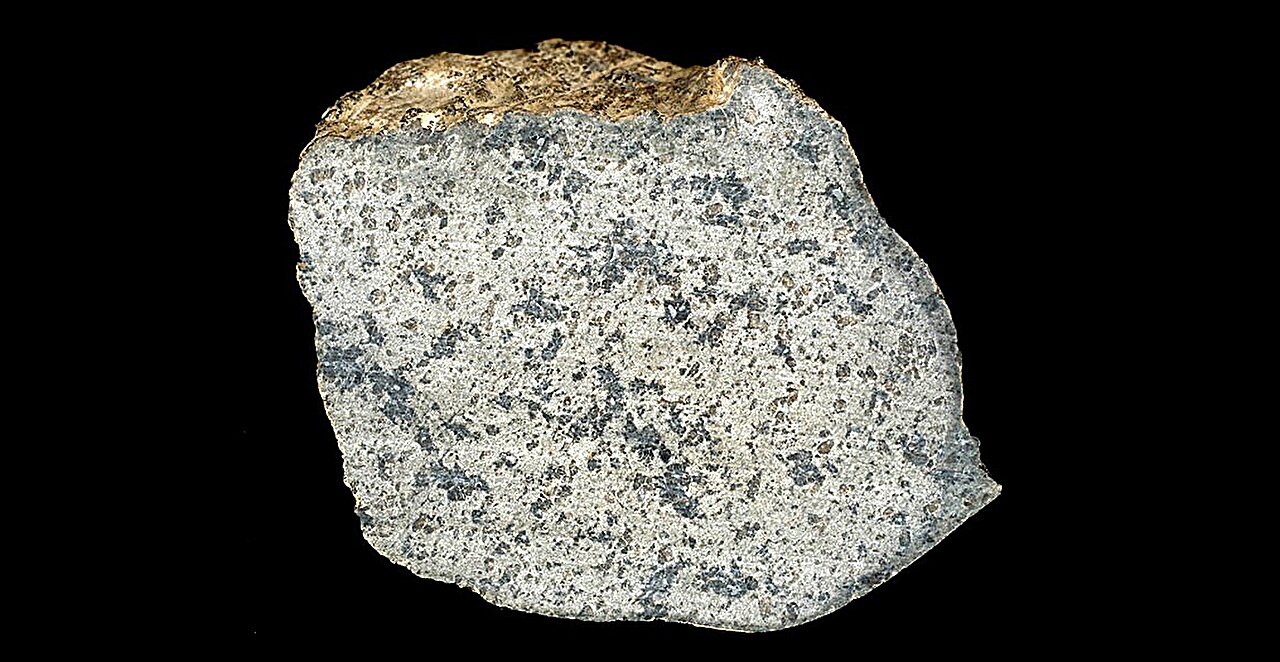
The chemical math of the interior of the meteorite Black Beauty means that those little bits of rock hold up to about 11% of the sample's total water content.

According to a new analysis of the Lafayette Meteorite, minerals within it formed in the presence of water 742 million years ago. It's a real breakthrough in the dating of aqueous minerals on Mars.

Mars has a distinct structure in its mantle and crust with discernible reservoirs, and this is known thanks to meteorites that scientists have analyzed.

Most meteorites from Mars are just a few hundred million years old, and likely come from relatively recent volcanic events such as the eruptions on the largest volcano in the solar system, Olympus Mons.

A Martian meteorite that crashed in Morocco 11 years ago contains a vast diversity of organic compounds, which could help researchers discover if Mars could have hosted life and provide important clues about Earth's geological history.